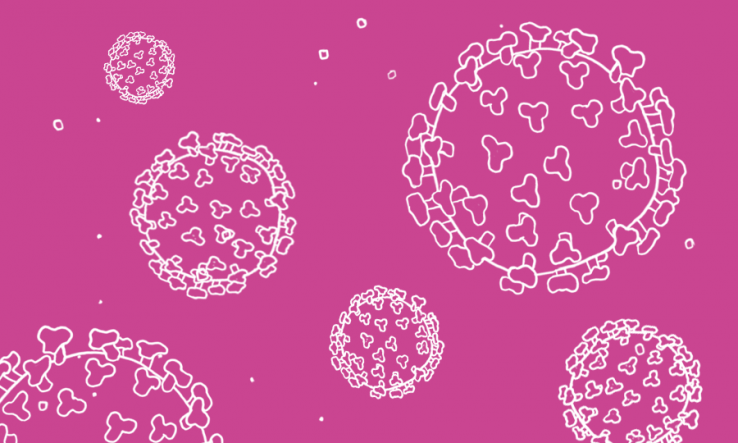
Grassroots and institutional calls seek to strengthen EU and global responses
European academics, acting independently and as official advisors, have called on EU governments to come together to tackle the Covid-19 pandemic, which has killed more than 35,000 people across the continent.
Fourteen academics, most of them based in Europe, have written an open letter addressed to the presidents of EU institutions and national leaders, describing the pandemic as “an existential threat to the fabric of the EU” and calling for “decisive and courageous action toward a Union with a higher level of solidarity”.
The letter, first drafted by political scientist Maurizio Cotta and colleagues at the University of Sienna in late March and circulated via email and online since then, has attracted more than 600 signatures. It invokes the support the EU has offered research and implies a reciprocal duty for academics to support the EU in return.
“Over the years we, as scholars and academics, have enjoyed the benefits of an open research space with significant European resources. Is it not today our responsibility to raise our voice where we can make it heard?” the letter asks.
Cotta told Research Professional News that he and the other authors chose not to specify how political leaders should respond other than through solidarity. “We leave that to finance ministers,” he said, adding that the solution should be multilateral, rather than from one European country to another.
The letter came as an independent EU advisory group, the European Group on Ethics in Science and New Technologies, separately made a similar call.
In an official statement, the 15-member group of ethicists praised the “unprecedented” response of the scientific world to Covid-19, particularly through open collaboration, as well as researchers’ and engineers’ “unwillingness to accept tragic choices” in instead improving medical equipment to treat the disease.
The ethicists also praised those politicians who chose to “make transparent the evidence for their decisions” around the outbreak, but warned that “derogations of human rights, albeit in the interests of the public good, must be temporary”.
They said health must have a “much higher priority” than economics and that richer EU nations have a duty to help poorer ones. They called for a common European strategy for dealing with future pandemics to be elaborated and implemented at the highest level.
Europe needs a “social vaccine that accompanies our search for a Covid-19 vaccine…one that provides resilience, lasting social and economic solidarity and lasting immunity against indifference,” the ethicists said.
On 3 April, a coalition of 34 health-related organisations including the European Federation of Pharmaceutical Industries and Associations also called for “more solidarity and coordinated EU action to tackle Covid-19”.
“Being prepared for future health threats to our continent and citizens means building a long-term research ecosystem and stimulating interdisciplinary synergies in Europe, as well as taking the lead in promoting international collaborations with other parts of the world,” the EU Health Coalition said.
Days earlier, the World Health Organization’s director for Europe, Hans Henri Kluge, told national governments they must “work together, united on all fronts, to remove barriers to the response”, according to the WHO.
“Ensuring solidarity within and between nations” was one of five priorities spelled out to ambassadors by the WHO’s special envoy for strategic advice and high-level political advocacy on Covid-19, David Navarro.
Also advocating solidarity, the European Students Union launched the Twitter hashtag “#LeaveNoOneBehind” to highlight the plight of refugees in Europe, such as those trapped in overcrowded camps on the Greek island of Lesbos.
“Coronavirus will hit especially hard for those who already have difficulties,” the ESU said in a statement on 2 April. “Quarantine, hand-washing or social-distancing are essential at this moment, but if you live in Moria, none of this is possible,” it said, referring to a refugee camp on the island.